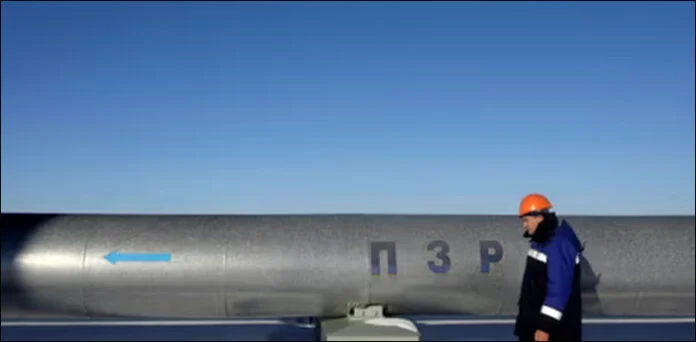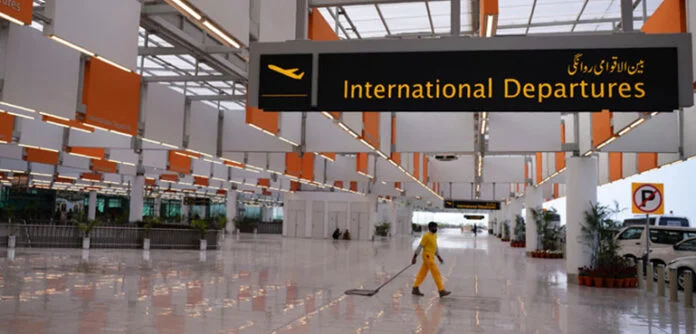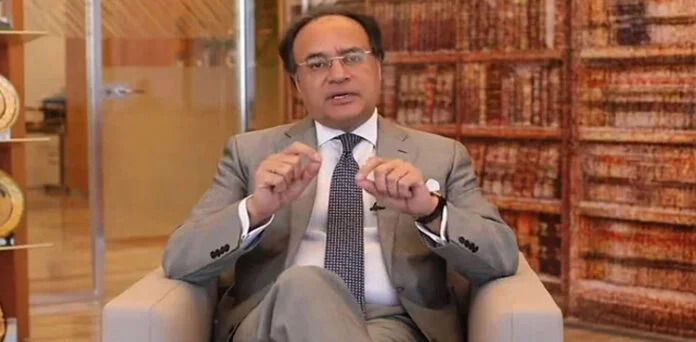
Luxembourg has introduced significant updates to its work visa eligibility criteria for 2025, aiming to address labor shortages in critical sectors while attracting global talent. This move is part of the government’s broader strategy to ensure continued economic growth and competitiveness. The changes are reflected in an updated list of 22 professions facing skill shortages, published by the National Employment Agency (ADEM), which highlights evolving workforce demands in the country.
Among the key updates, several professions have been added to the list, including industrial maintenance experts, aircraft maintenance engineers, bodywork repair technicians, management consultants, and railway traffic managers. These are areas where Luxembourg is experiencing urgent labor shortages. In contrast, some previously in-demand roles, such as IT systems consultants, roofing installation technicians, back-office financial positions, and production managers, have been removed due to changing market needs.
The new updates also bring significant changes to the work visa eligibility process, making it easier for international workers to move to Luxembourg. One notable update is the reduced salary threshold for the EU Blue Card, which now has a minimum salary requirement of €58,968 for 2025. This makes more skilled professionals eligible for the scheme, particularly in sectors like IT and engineering.
In addition to the salary reduction, applicants with at least three years of relevant work experience in fields such as IT or management no longer need a formal university degree. Proven expertise is now sufficient, further broadening the pool of eligible workers.
For those already holding an EU Blue Card from another EU country, there is good news: they can now work in Luxembourg for up to 90 days without requiring an additional permit. For long-term work, the transfer procedure has been simplified, allowing for easier mobility across EU borders.
Another significant change is that Blue Card holders will have the flexibility to switch jobs or employers after just 12 months of employment in Luxembourg. This change eliminates the need for additional permission to change jobs, providing workers with greater freedom and opportunities.
Luxembourg has also introduced a digital application system, making the visa application process much quicker and more streamlined. The new online portal reduces waiting times and simplifies the process, making it easier for applicants to submit their visa applications and get approved faster than before.
For those seeking work in Luxembourg’s high-demand sectors, there are excellent opportunities. In IT and tech, roles such as software engineers, AI experts, and cybersecurity analysts offer salaries ranging from €60,000 to €120,000 per year. Engineering roles, including civil, mechanical, and electrical engineers, also provide competitive salaries of €55,000 to €110,000 annually. The healthcare sector, including nurses and general practitioners, offers a wide salary range, from €45,000 to €250,000 per year, depending on the specialty.
Finance professionals, such as investment bankers and compliance officers, can earn between €70,000 and €200,000 annually. Transport and logistics professionals, particularly aircraft technicians and railway operators, have salaries ranging from €40,000 to €85,000 per year.
The simplified visa application process for non-EU nationals involves a few key steps. First, applicants need to secure a job offer in a recognized skill shortage occupation. They then apply for a Temporary Authorization to Stay from the Ministry of Home Affairs and submit an application for a Type D Long-Stay Visa through Luxembourg’s diplomatic missions. Upon arrival in Luxembourg, workers must register with local authorities and submit an application for a residence permit, either through the EU Blue Card scheme or a regular work permit.
These reforms demonstrate Luxembourg’s commitment to addressing labor shortages and ensuring its economy remains competitive by creating an accessible immigration framework for skilled professionals. The updated visa criteria make it easier for global talent to contribute to the country’s growth and success.


















